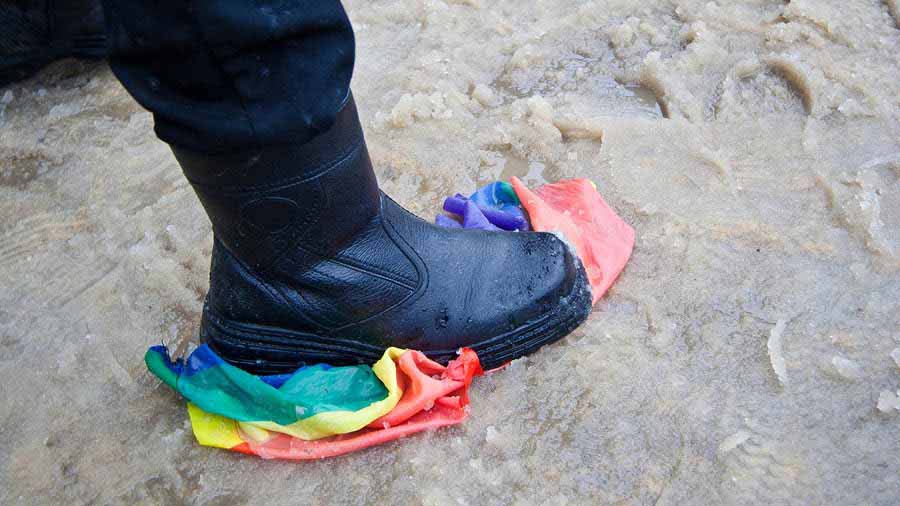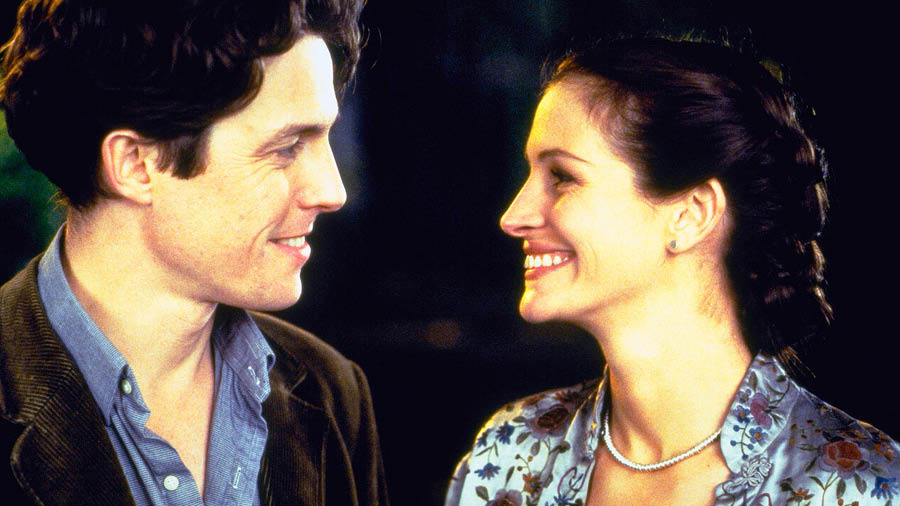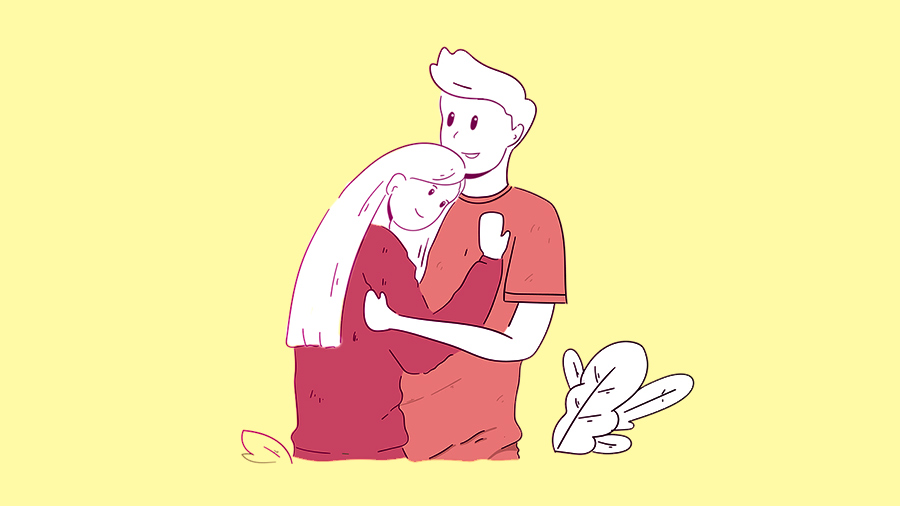In a WhatsApp forward doing the rounds recently, a young man coming home from college sends his parents a text, telling them “I love Jesus”. His overtly religious parents are elated with their son’s newfound love for God. When he returns, there is a stranger with him, a boy his age he introduces to his mum and dad as Jesus (read “Haysoos”, the Spanish way to say Jesus). He is getting married to Jesus, he excitedly proclaims, as his parents look on in utter disbelief.
I must confess I laughed heartily at this joke, though in retrospect I should have known better. Although how does one even know better? After all, we have been led from childhood to believe it is not natural for men to love men and women to love women.
A friend said ‘homo’ with such vehemence as though it might be the worst possible abuse
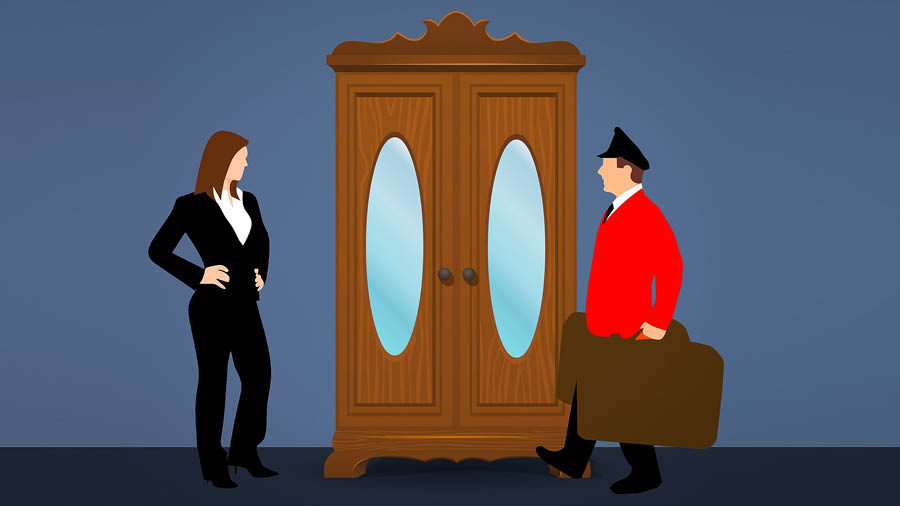
Society needs to come out of its closet of prejudice, feels the author Pixabay
Love is love. Why is that so easy to say and not so simple to comprehend? We casually joke about our kids spending most of their time with friends of the same sex, teasingly saying there is something wrong with them (and silently dreading the prospect that there might indeed be). Conversely, when we lend our support to people that have been castigated for their “wrong” sexual orientation, we say something to the tune of “he or she can’t help it , he or she was born that way” (using “they” is not quite a part of Indian lingo yet). Anyone say the same about someone being heterosexual?
Homosexuality may be legal in India, but homophobia rages on. Once, when discussing sexual orientations with a friend, he said “homo” with such vehemence as though it might be the worst possible abuse. We ridicule Karan Johar for his sexual preference and give him and others like him all sorts of crude labels. Sometimes I wonder if we are living in the same society that prides itself on “unity in diversity”.
‘Born this way’ versus choosing to be gay

Choosing a lover is a lot like choosing your kayak companion, albeit for a spiritual journey Pixabay
Xavier Braganza walks into a pub in suburban Mumbai on a chilly winter evening. Sitting on a barstool, he orders a pint of lager. There is a football game streaming overhead, and he soon finds himself bonding with a fellow Manchester United fan. When his team makes a stupendous comeback and goes on to win the game, Xavier literally jumps into the arms of his newfound comrade, Rohan. A couple of moments into the lingering hug, he feels something intense. He had always liked boys, but never had a boy lover. Could this be the one? Catching Rohan completely off guard by taking his hand in his, Xavier asks Rohan he can have his number. Rohan, silent for a couple of moments, gingerly removes his hand from Xavier’s grasp and tells him: “Buddy, it was nice meeting you, but I’m just not into men, sorry”.
“I’m just not into men”. These words keep ringing in Xavier’s ears on the rickshaw ride home. While not the worst rejection of all time, what he would have preferred to hear instead would have been “I’m just not into you”.
Why is it so hard to envisage the possibility of Rohan loving Xavier for who he is, the latter’s sexual orientation notwithstanding?
In a 2012 interview with New York Times, Sex and The City actor Cynthia Nixon (you probably know her as Charlotte), while talking about homosexuality, says: “I understand that for many people it’s not, but for me it’s a choice, and you don’t get to define my gayness for me.” Looks like Nixon smashed the “Born This Way” narrative to smithereens. Just so you know, this sparked a huge controversy among gay rights activists, who felt people could be coerced by Cynthia’s statement to enter into programmes that claim to “cure” homosexuality. Nevertheless, people who embrace a different sexual orientation out of the blue are seldom spared the meaningless discrimination “born gays” have to endure.
Unbeknownst to Xavier, something had stirred in Rohan, too. That night in bed, he could not stop thinking of the affable stranger he had met in the bar, the one he had felt wondrously alive around, especially in that post-game hug. The most alive he felt with Tara (blissfully asleep beside him) was when making love to her. Even then, it was a far cry from the intoxicating feeling he experienced a couple of hours earlier. Rohan never went back to that bar. He could not bear the thought that he might just “turn gay”.
As for Xavier, he entered into a whirlwind romance with a charismatic Frenchman who whisked him away to Puducherry, where the two of them jointly ran the latter’s small clothing business. They lived happily ever after in a cottage by the sea. And no, it was not because of the sex.
Love is the thing worth celebrating the most
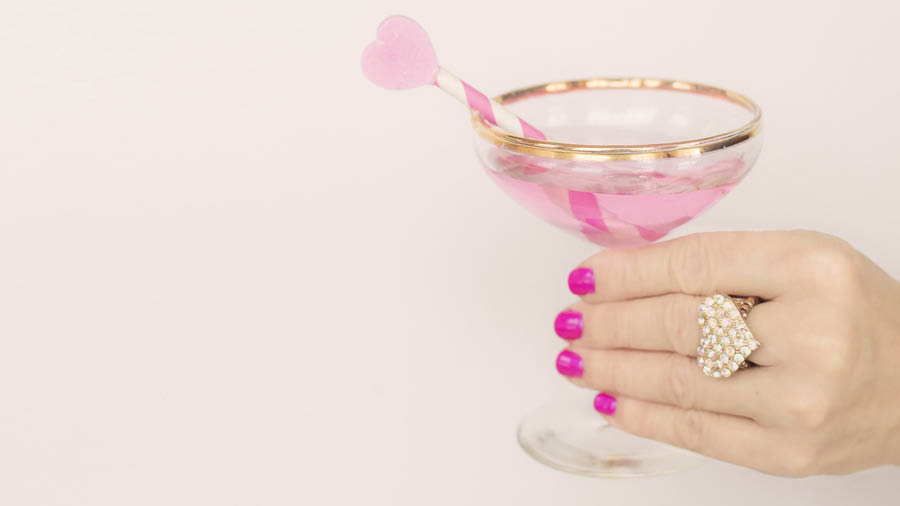
Celebrating love means understanding what ‘Love is love’ truly means Pixabay
Haters think “homos want only sex”, but that is far from the truth. People do not choose their lovers because they might be sexual steamboats. Instead, most find their spiritual kayak companions and make the effort to row in tandem with them. The phrase “I see you” transcends the tangible. It is the feeling you get when you hug someone and realise what you are truly celebrating goes beyond a game of football. Or sexuality. Love is the thing worth celebrating the most.
It is about time we removed the baggage of bigoted thinking from our minds and actually felt what “Love is love” means. It is time for us as a society to come out of the closet of prejudice and narrow-mindedness. To love people and ourselves because of who we are, not in spite of it.
Rohit Trilokekar is a novelist from Mumbai who flirts with the idea of what it means to love. His heart’s compass swerves ever so often towards Kolkata, the city he believes has the most discerning literary audience.
